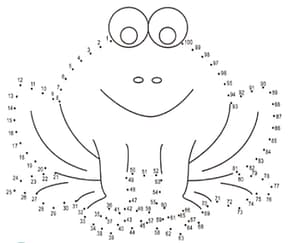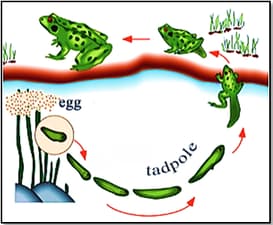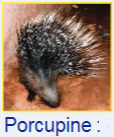A Journey Through Different Habitats
A Journey Through Different Habitats: Overview
This topic covers concepts, such as, Desert Animals, Adaptations in Desert Animals, Adaptations in Animals of Ponds and Lakes & Adaptations in Frogs etc.
Important Questions on A Journey Through Different Habitats
Kangaroo rats cannot live without water.
Kangaroo rats are adapted to the following environment.
Describe the features of adaptation in desert rat.
Join the dots in order and colour the picture.

Identify and write some desert plants in your surroundings.
Having large air spaces and no stomata in plants is an adaptation of
Name a tree that grows in mountain regions other than a pine tree. (Dates/Deodar)
Having large air spaces and no stomata in plants is an adaptation of
Zebras have strong legs to run away from the predators.
Which animal is suitable animal for desert? What are the main features of this animal?
Do the young ones that hatch out of frog’s eggs looks like the parent frog? Observe the picture and answer.

How does the shape of the body help a fish?
Which of the following peculiarities differentiates the frog from the squirrel?
Which creature sheds its body part to escape from enemies?
Can you write the way in which lizard escape?

Can you write the way in which millipede escape?

Can you write the way in which squid escape?

Can you write the way in which porcupine escape?

Which (other than frog and tortoise) creatures, do you know, have adaptations to live both on land and in water? List the creatures and their adaptations.
| Creatures | Adaptations that helps to live in the water |
|
|
|
|
Oar-like legs, streamlined body, sleek and paddle-like forelimbs are adaptations help the tortoise to live on land and in water. Do frogs also have such adaptations?
